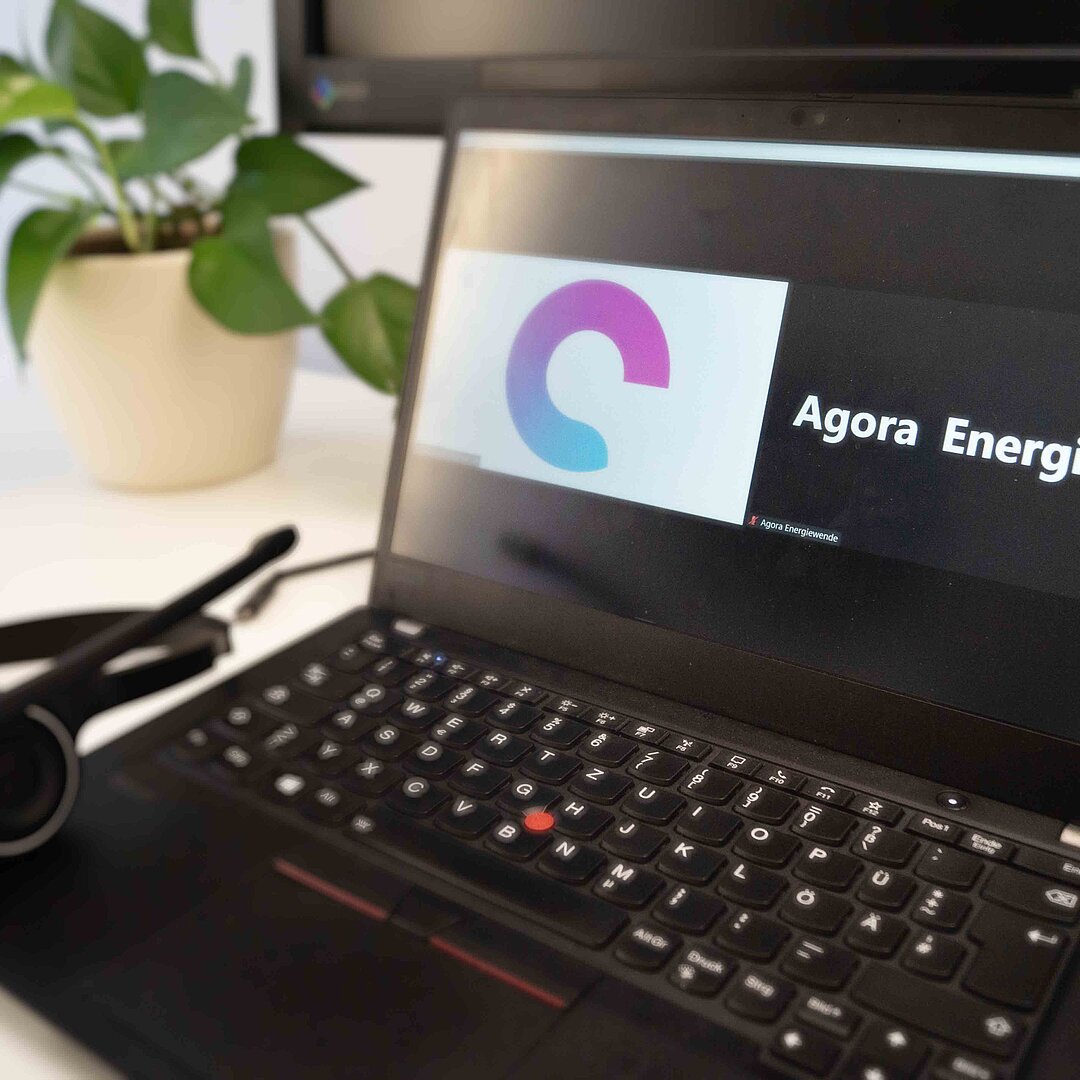-
The escalation of Russia’s war against Ukraine has created a fossil energy crisis and has exposed the EU’s dependency on fossil gas imports. If the EU fully mobilises all available means to reduce energy demand and switch to renewable energy, Europe can regain its energy sovereignty by 2027.
Energy efficiency in buildings and industry as well as a fast ramp up of wind and solar PV can permanently reduce fossil gas demand by 1200 terrawatt hours in the next five years, allowing to avoid 80% of today's Russian gas imports and enabling a 100% displacement when combined with alternative supplies such as LNG.
-
Climate protection and energy security go hand in hand, as actions to meet the EU climate targets also reduce fossil gas consumption.
Until 2027, energy efficiency, district heating and a heat pump revolution can save 480 TWh in buildings; efficiency and electrification in low and medium temperature heat processes can provide for 223 TWh savings in industry, and a ramp up of wind & solar PV combined with more system flexibility will contribute 500 TWh in the power sector.
-
Regaining Europe’s energy sovereignty by 2027 requires a collective European effort based on joint commitments and solidarity.
The RePowerEU plan needs to mobilize the reductions identified in this study. Similar to the COVID recovery efforts, the plan must be embedded in a strong political framework overseen by the European Council to ensure its swift and full implementation. Helping Ukraine build back better after the war should be part of the efforts.
-
A new EU Energy Sovereignty Fund, modelled on NextGenEU and equipped with 100 bn EUR until 2027, should be set up as part of a dedicated investment framework to deliver RePowerEU.
The framework also needs to ensure that existing EU funds are re-purposed wherever possible and governments smartly combine price signals and protection for poor households and industry.
Regaining Europeʼs energy sovereignty
15 priority actions for RePowerEU
Preface
Russia’s full-scale invasion of Ukraine on 24 February 2022 massively escalates its illegal war of aggression that began in 2014 and that has unleashed terrible suffering on the Ukrainian people. The war also presents a historical turning point for European energy and security policy as it casts a harsh spotlight on the EU’s current reliance on Russian fossil gas imports.
On 11 March 2022, EU heads of state agreed to phase out EU dependency on Russian fossil fuel imports as soon as possible. To this end, the European Commission will prepare a “RePowerEU” plan by the end of May 2022.
First ideas on RePowerEU give little consideration to reducing fossil gas demand and remain vague on scaling renewable energies. This is regrettable, as actions to meet EU climate targets also reduce fossil gas consumption, and are therefore worth taking, no matter what the future may hold.
The fifteen priority actions on energy efficiency and on renewables developed in this report should thus be at the heart of Europe’s efforts to regain its energy sovereignty.
Key findings
Bibliographical data
Downloads
-
Main Report
pdf 806 KB
Regaining Europeʼs Energy Sovereignty
15 Priority Actions for RePowerEU
-
Translation
pdf 2 MB
유럽의 에너지 주권 회복
Korean translation













